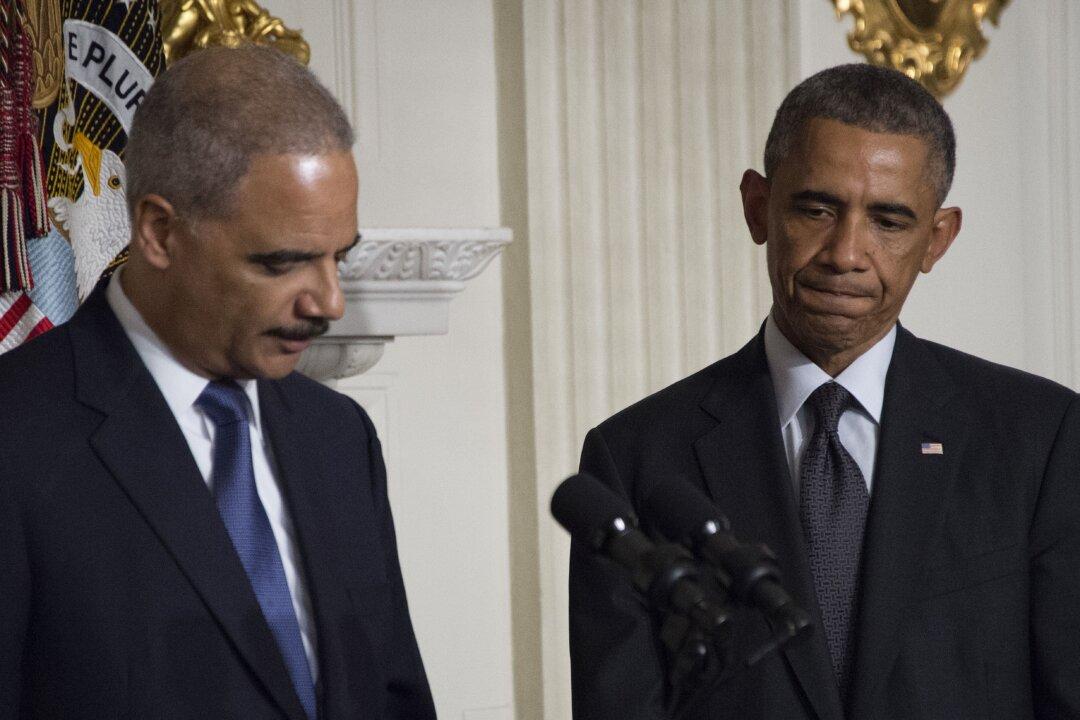The Justice Department’s seizing of journalists’ phone records during the administration of President Barack Obama was more extensive than previously reported, recently released documents show.
In 2013, The Associated Press raised the alarm after the Justice Department (DOJ) informed the news service that it had subpoenaed and obtained the records—not including content of the calls—of 21 mobile phones and land lines, including home numbers assigned to AP journalists, and their offices.





